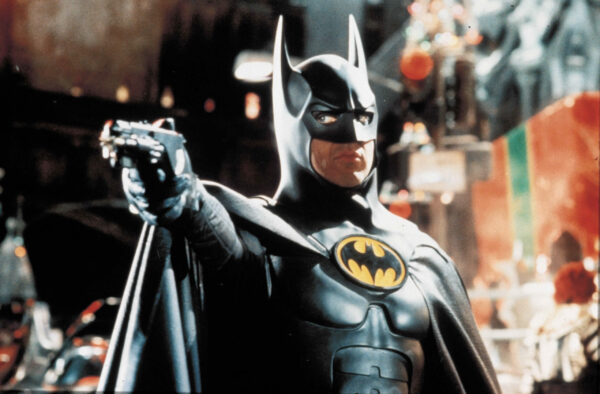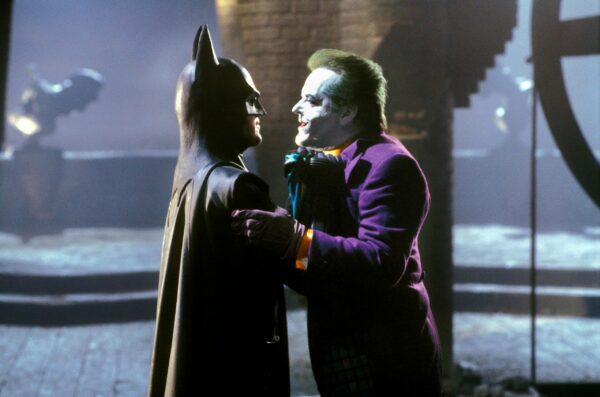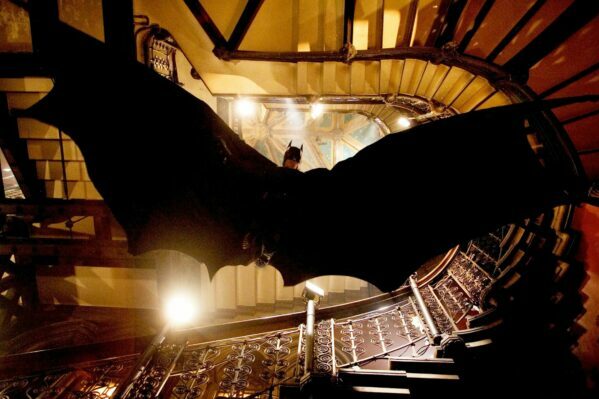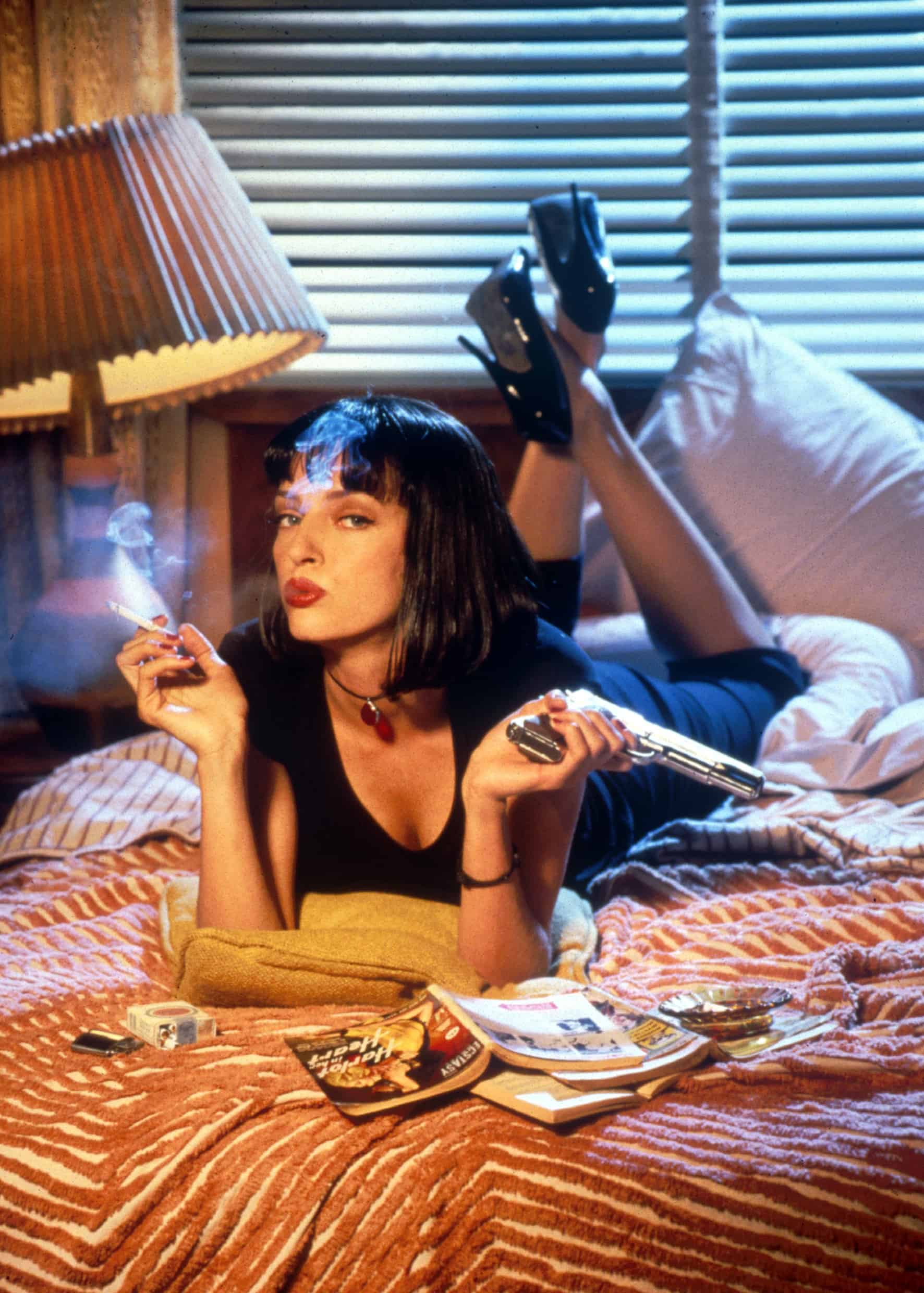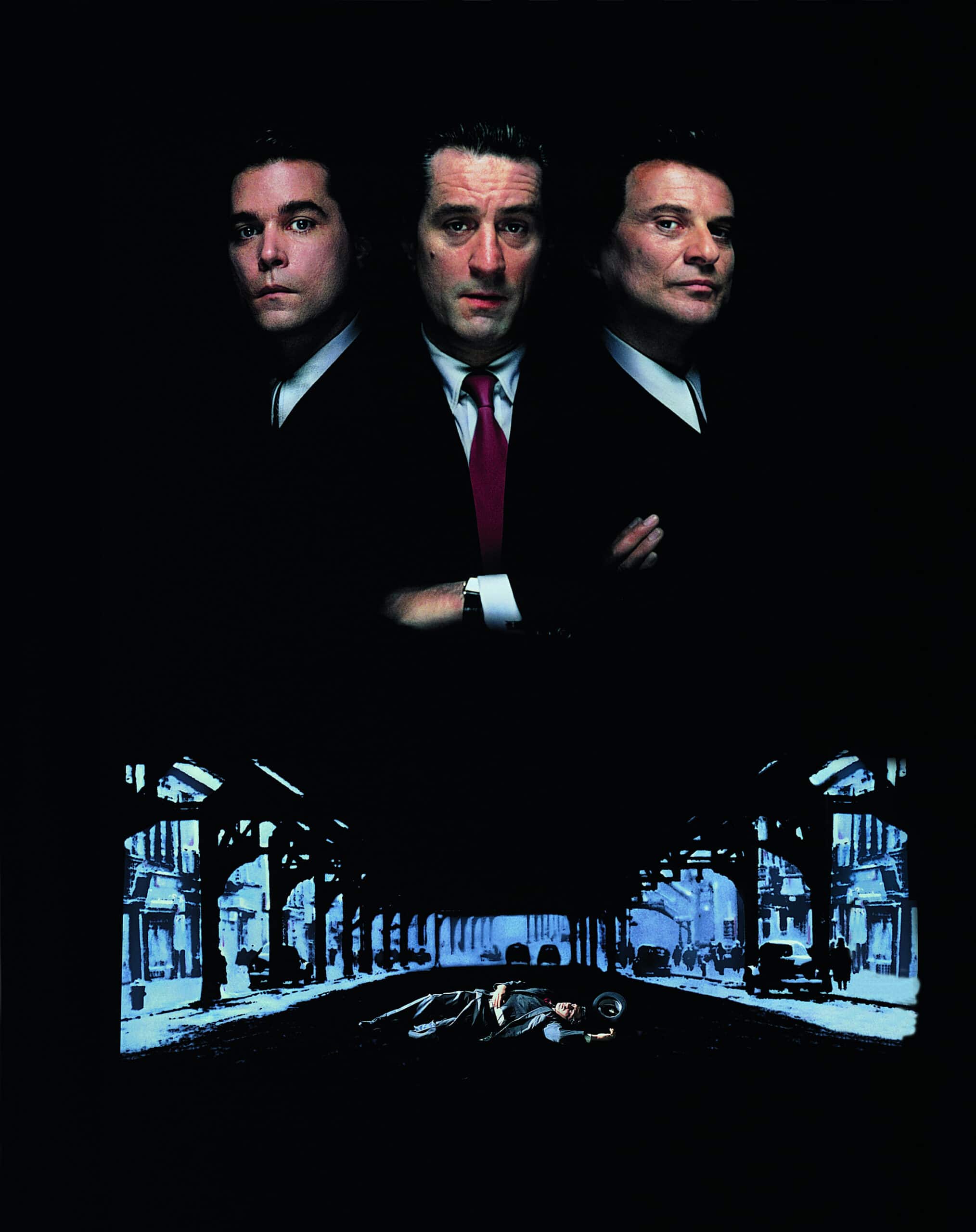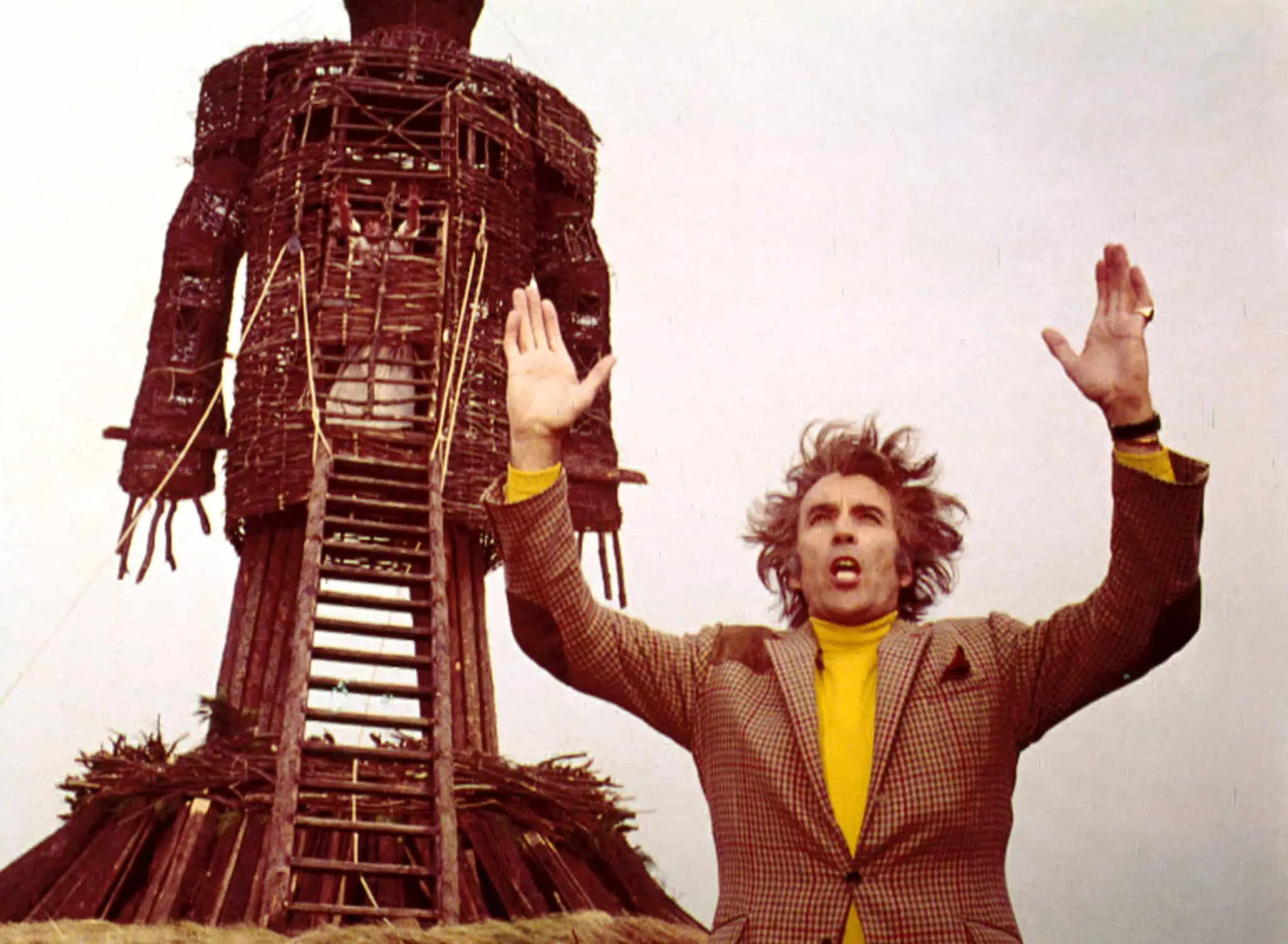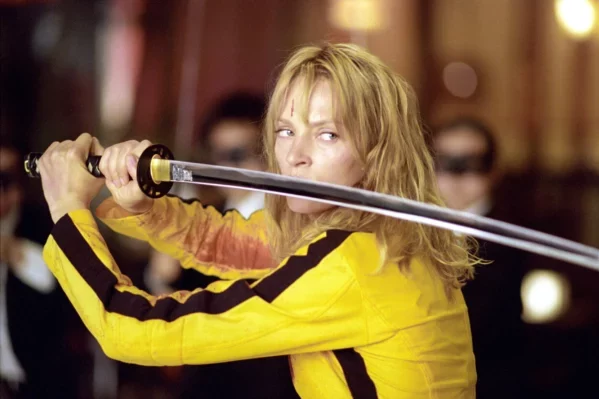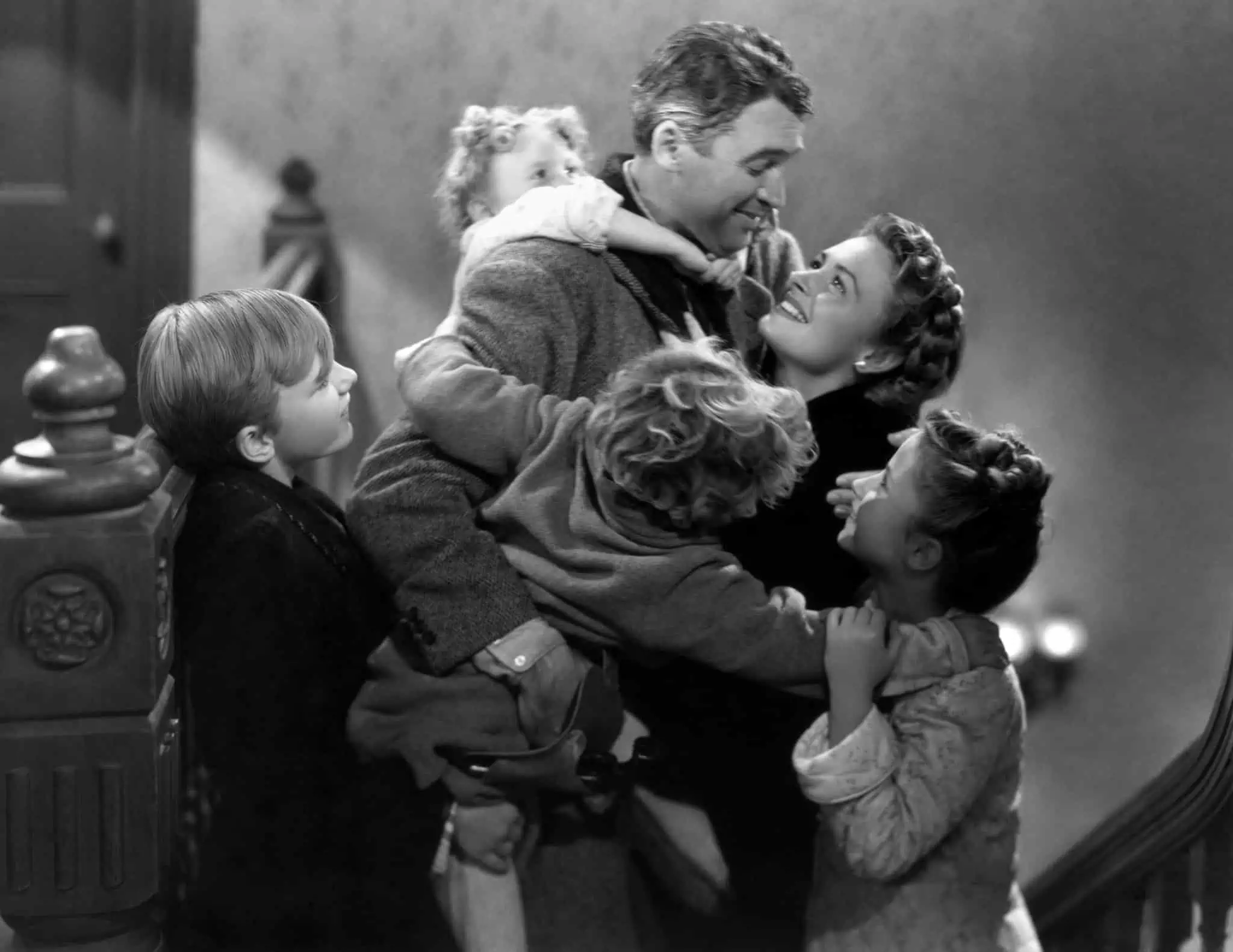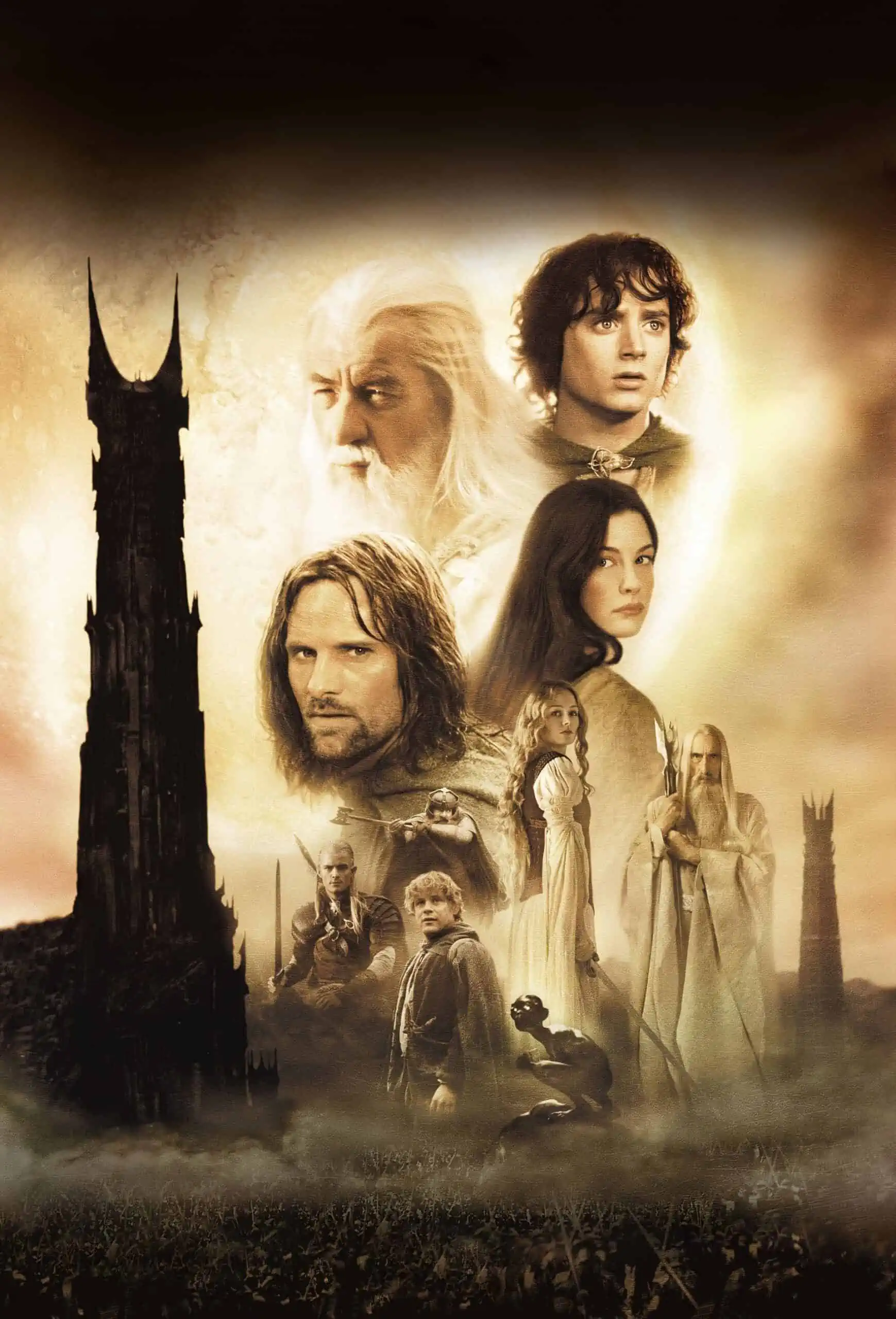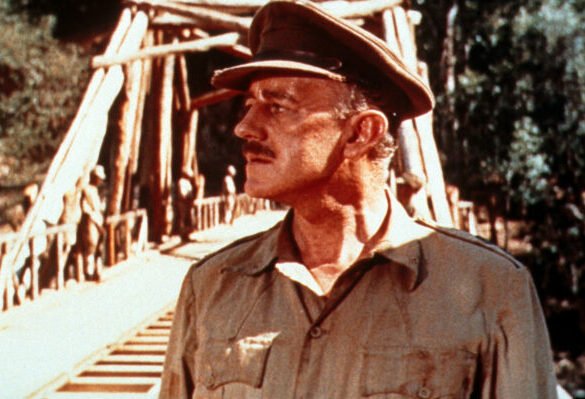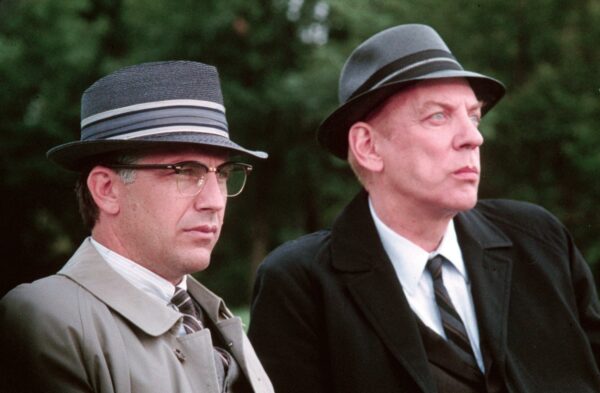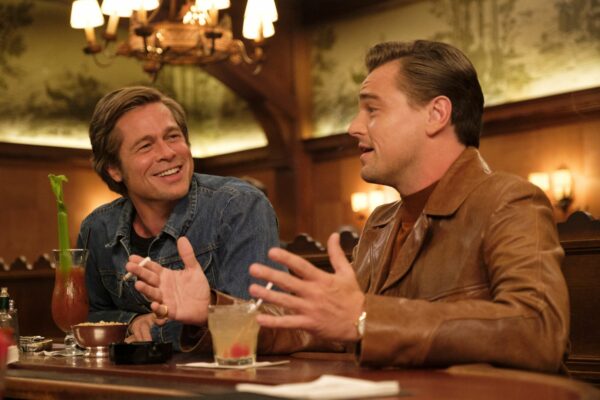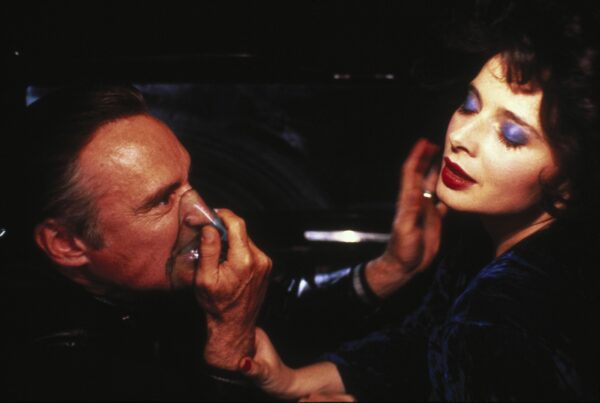
Greta Gerwig’s Little Women was released in 2019 and hailed as an instant modern classic. Pim Wangtechawat dives into Gerwig’s adaptation to argue why it is the best big-screen version of Louise May Alcott’s legendary novel.
Louisa May Alcott’s Little Women is a timeless literature classic, but Greta Gerwig’s Little Women is a love story. Of course it is a love story between the March sisters, and also a love story between Jo and Laurie, Amy and Laurie, and Jo and Professor Bhaer. But it is rather obvious from the Louisa May Alcott quote at the very beginning of the film — “I’ve had lots of troubles, so I write jolly tales” — that the bigger love story Gerwig is telling so beautifully is the one between Jo — and by extension Alcott herself — and her writing.
Gerwig had pitched the film to the studio with the argument that the original novel is about “women, art and money”. Each of the March sisters has their own artistic passions; Meg is an actress, Beth a pianist, and Amy a painter. But the art that takes centre stage, more than most, is writing — both Jo’s and Louisa May Alcott’s. Although Little Women is widely regarded to be about sisterhood, the nuts and bolts of it is very much about the act of writing and the pursuit of it, specifically as a woman. As a writer herself, Gerwig pays loving attention to details that would have otherwise eluded those who haven’t written themselves — from Jo’s ink-stained fingers to arranging sheets of her own writing on the ground, something Gerwig herself does.
Over the years many female writers have gravitated towards Jo as a figure of inspiration. (Gerwig says of Jo: “Did I want to be a writer and then find this character? Or did that character make me want to write?”) But what previous adaptations have neglected to push to the forefront is how much Jo and Alcott’s lives as writers both parallel and diverge, at times to heartbreaking ends. During her research process, Gerwig and the cast fully immersed themselves in Alcott’s life and times, with visits to Alcott’s childhood home and grave. Gerwig, who turned thirty-six around the release of the film – the same age Alcott was when Little Women was published – even had her star chart read against Alcott’s.
Traces of Alcott’s life, other than the gorgeous settings of her home town of Concord, are all over her novel and Gerwig’s adaptation. The March family being the town’s ‘hippy’ family is very much based on Alcott’s father, an educator whose transcendentalist intentions greatly affected Alcott’s childhood and the family’s financial status. Like Jo, Alcott had three sisters, one of whom passed away at a young age. Laurie, the handsome neighbour, was partly inspired by a Polish musician named Ladieslas Wisniewsk (nicknamed Laddie), with whom Alcott had a brief relationship. After spending two weeks in Paris with Wisniewsk, Alcott crossed out sections in her diary detailing their time together and wrote only two blunt, devastating words in the margin: “Couldn’t be”.
Gerwig’s affection for Alcott is evident in the way she weaves Alcott’s words from her other novels, letters and journals into the film. In one very poignant scene, Jo, grieving over Beth’s death and despondent over her writing, delivers a speech taken from another Alcott novel, Rose in Bloom: “I’m so sick of people saying that love is just all a woman is fit for, I’m so sick of it!” Gerwig, as acute as ever, adds her own ending — “But I am so lonely” — perfectly encapsulating what it has always been like for women, trying to make their own way in the world while struggling to be a human being. In another scene, upon receiving criticism for her published stories of the “scandalised variety”, the first half of Jo’s response comes straight from Alcott’s own journal entry: “I cannot afford to starve on praise, when sensation stories are written in half the time and keep the family cozy”.
In interviews, Gerwig frequently draws connections between Alcott’s writing career to the famous Virginia Woolf quote, “To write you need a room of one’s own”, highlighting how the quote speaks to the fact that financial freedom is so rarely afforded to women. And so, therefore, how can women write without money? “Poetry depends upon intellectual freedom,” writes Woolf in A Room of One’s Own, “and intellectual freedom depends upon material things. Women, then, have not had a dog’s chance of writing poetry”. Like Jo, Alcott had to balance the commercial side of her authorship with her artistic side, which meant that sometimes she had to cover details of her own life with a glossy sheen, making Little Women a story about “all of the good things [of their life] wrapped up in something she [Alcott] wishes she had”. The Alcotts were much poorer than the Marches, and Alcott herself, unlike Jo, never married or had children. Famously, Alcott did not want Jo to marry at all; only after readers clamoured for a romantic resolution did she pair Jo with the older Professor Bhaer.
Another big difference between the two women, and perhaps the saddest one of all, is the fact that Alcott never stopped writing. Jo, however, does, thinking that her writing is bad and choosing instead to raise a family and open a school. In the film, Jo struggles constantly with what she should or wants to write about; what is deemed important or entertaining enough for others to read? Not realising the value of her stories about her family’s “domestic struggles and joys”, Jo subscribes to the notion that “writing doesn’t confer importance, it reflects it”. Amy, however, disagrees, saying that writing has the power to “make them more important”. Gerwig’s ending — Jo holding her novel in her hands for the very first time and “seeing the future” — feels like a gift to both that Jo, disillusioned and sceptical about her own writing, and to Alcott who had wanted to leave her heroine as a “literary spinster”. But, more importantly, it also feels like a gift to all the Jos of the world – young women everywhere who dream of turning their words into something that matters. Just like when Beth tells Jo as they lie on the beach, reliving their girlhood and fighting against the inevitable: “You’re a writer, even before anyone knew or paid you”.
Beth’s next line, “Do what Marmee taught us to do. Do it for someone else”, sounds very much as if it could have come straight from Gerwig’s own mouth. “I wanted to give it back to the audience as if to say, ‘And now, you’” Gerwig explains. “What are you making, what book are you writing, what song are you going to sing?”
From the very first moment we see Jo standing in front of that publishing house to our last glimpse of her with her own book, this has been Jo’s love story. Hers and her art. What does your love story look like?



